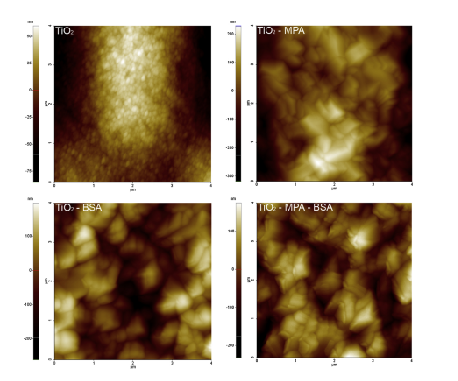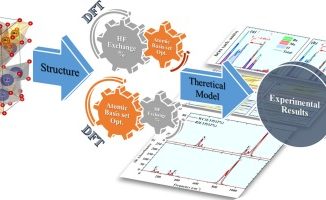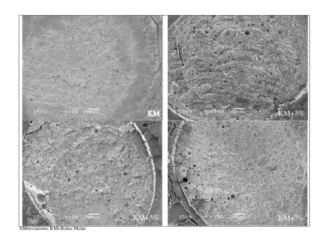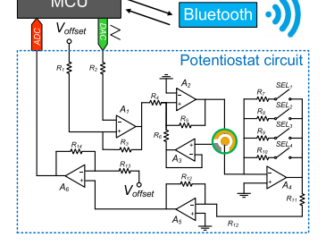
Physicochemical characterization of albumin immobilized on different TiO2 surfaces for use in implant materials
Abstract: Osseointegration process may be defined as the structural and functional connection between living bone and the surface of an implant, promoting adequate cell adhesion, proliferation, and differentiation. One strategy to increase the biocompatibility and consequently generate greater osteogenesis is to modify the surfaces of implants to alter the process of the bone tissue repair. Surface modifications in titanium implants were proposed using organic bifunctional spacers (3-mercaptopropionic acid, MPA, and 3-aminopropyltrimethoxysilane, APTMS) or direct albumin (BSA) immobilization. Chemical immobilization of BSA, either physically or covalently, on TiO2 substrates showed similar surface chemistry without altering long-term cellular interaction. Furthermore, TiO2-APTMS substrate with -NH2 groups on the surface more efficiently interacts with components of the extracellular matrix, presenting high cell viability at 48 h and better viability and mineralization results.
Author(s): Bronze-Uhle, ES (Bronze-Uhle, Erika S.)[ 1 ] ; Dias, LFG (Dias, Leonardo F. G.)[ 1 ] ; Trino, LD (Trino, Luciana D.)[ 1 ] ; Matos, AA (Matos, Adriana A.)[ 2 ] ; de Oliveira, RC (de Oliveira, Rodrigo ; Lisboa, PN
COLLOIDS AND SURFACES A-PHYSICOCHEMICAL AND ENGINEERING ASPECTS
Volume: 564 Pages: 39-50 Published: MAR 5 2019
DOI: 10.1016/j.colsurfa.2018.12.028




